Views
TC faculty, students, alumni and speakers lead national debate on issues that include nutrition policy, school reform efforts, school and neighborhood segregation, racial discrimination, learning technology, gun violence, youth civic engagement, political polarization, and the call to teach.
Political Polarization
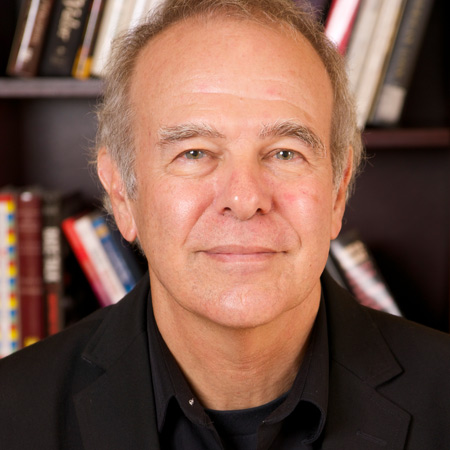
NO ROOM FOR DEBATE? Jeffrey Henig, Professor of Political Science & Education, laments that argument about Teach for America is increasingly devoid of nuance. (Photo: Erick Raphael)
Are Americans listening to one another? Can they?
Case in point: the debate over whether Teach for America, the nonprofit that recruits students from top colleges to teach in high-need schools, has been co-opted by proponents of market-driven education. In June, Jeffrey Henig, Professor of Political Science & Education, argues in Education Week that the “polarization of American political discourse . . . leaves no room for negotiated or pragmatic decision-making” because participants fear that “any willingness to acknowledge ambiguity or concede uncertainty will be seen as a weakness to be exploited by opponents.”

LOOMING LARGE TC's Sandra Markus and Ioana Literat applaud the knitting movement for taking the lead in taking on hate speech. (Photo: Nancy Ricci from Knitty City)
In September’s “Unraveling the Politics of Knitting” on the TC web, Sandra Markus, a Research Associate at TC’s Center for Technology & School Change, and Ioana Literat, Assistant Professor of Communication, Media & Learning Technologies Design, applaud the online crafting community Ravelry for banning members from expressing support for President Trump or his administration. “Support of the Trump administration is undeniably support for white supremacy,” the authors write, adding that Ravelry’s decision “throws down the gauntlet to other social media sites to do more than pay lip service to the fight against white nationalism.”
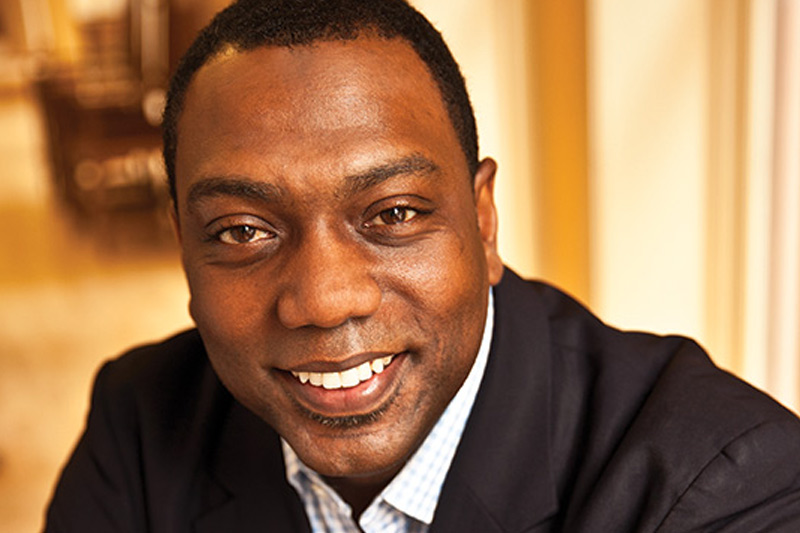
A CRUEL JUXTAPOSITION Basil Smikle denounces the "hypocrisy" of a historically black college hosting a ceremony to honor President Trump for criminal justice reform. (Photo: TC Archives)
In October, in a piece in The Hill, TC alumnus and lecturer Basil A. Smikle, Jr. (Ph.D. ’19), calls a ceremony hosted by historically black Benedict College a “showcase in hypocrisy” because it honored President Trump for his record in criminal justice reform. Smikle supports legislation Trump signed that reduces prison sentences for some federal crimes and provides services for currently and formerly incarcerated men and women. Still, he argues for distrust of Trump’s motives and calls it “a cruel juxtaposition” to celebrate him at a historically black college in South Carolina, where “blacks make up 55 percent of the Democratic primary electorate and where the confederate flag once flew over the capitol.”
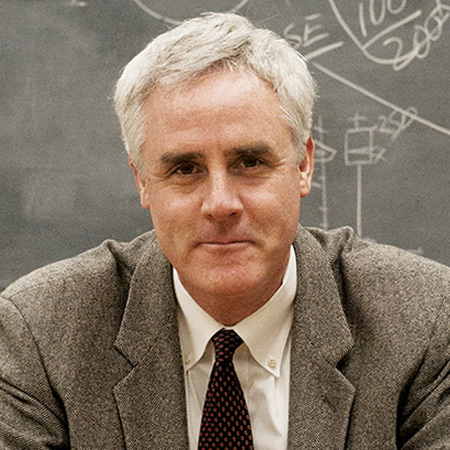
RESTATE YOUR CASES Peter T. Coleman, Professor of Psychology & Education, rightly predicted that the impeachment hearings would leave minds unchanged. (Photo: TC Archives)
“Can the Impeachment Hearings Actually Change Anyone’s Mind?” asks Peter Coleman, Professor of Psychology & Education, on Politico’s website in November. His answer: no, maybe and yes. Roughly one third of Americans have fixed opinions, but the rest could be swayed in either direction, Coleman argues — depending on how testimony is presented: “Lawmakers will need to find a way to make their public case effectively, while not inflaming our already heightened sense of contempt and enmity for the other side.”
Civic Participation
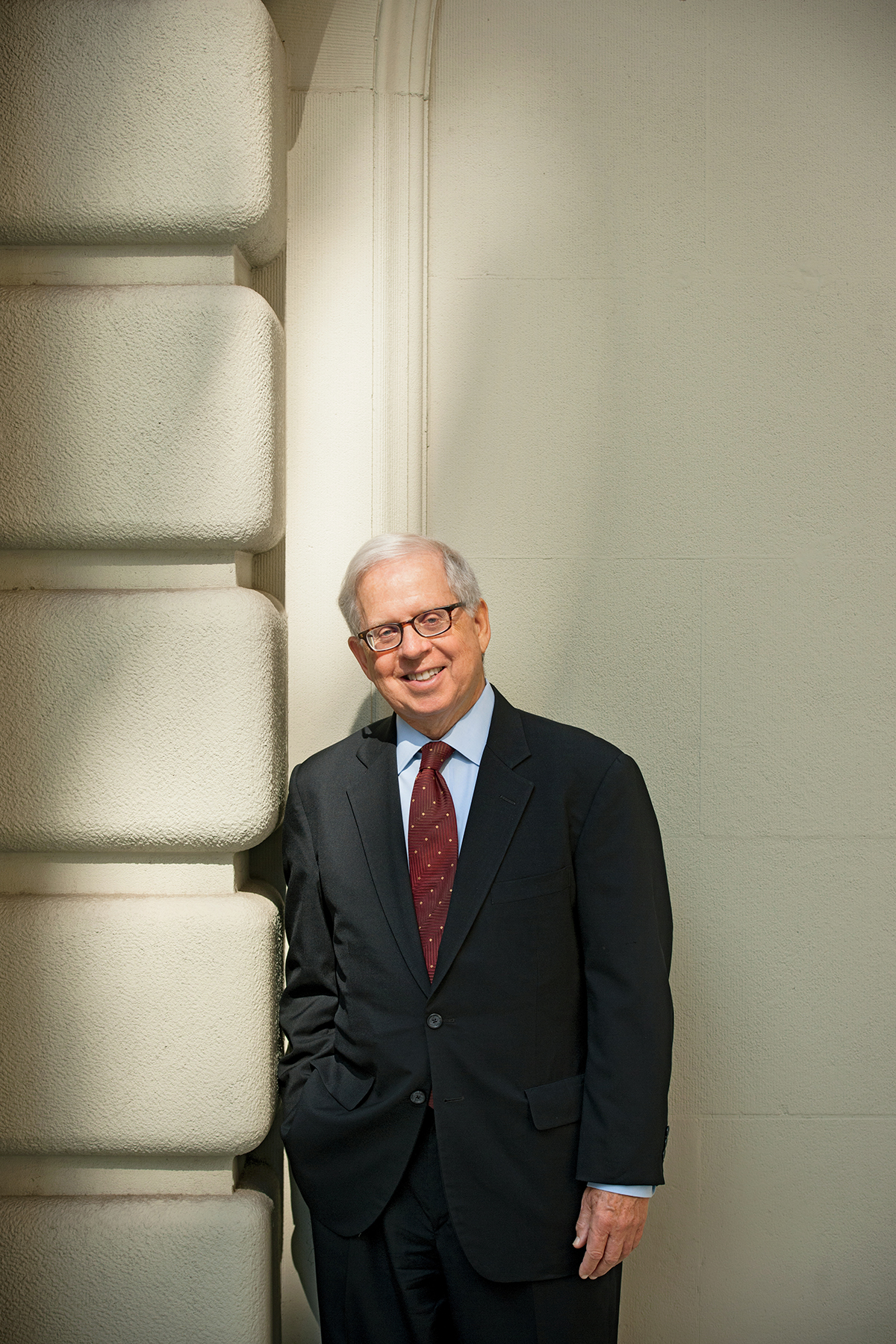
JOUSTING FOR JUSTICE Michael Rebell sparred playfully on The Daily Show to make the case for civic education. (Photo: John Emerson)
Jousting with comedian Jaboukie Young-White on The Daily Show in January 2019, Michael Rebell, Professor of Law & Educational Practice and Executive Director of TC’s Center for Educational Equity, discusses the lawsuit he’s filed in Rhode Island to ensure that students are educated to function as active and engaged citizens. After challenging Young-White to name the three branches of government (50 percent of Americans can’t), Rebell asserts that “if we get the Supreme Court to declare that there’s a national right to education, state legislatures and school systems will act on it.”

LET 'EM SPEAK Ioana Literat, Assistant Professor of Communication, Media, & Learning Technologies Design, argues that TikTok should not minimize its political content. (Photo: TC Archives)
In October, TC’s Ioana Literat urges the online youth platform TikTok to rethink its plan to minimize political content prior to the 2020 election. “Yes, there is plenty of concerning political content on TikTok,” says Literat, who studies youth’s online political engagement, in an article by Jake Pitre in the online publication Mic. But as “a meaningful outlet for youth political expression and discussion,” TikTok should simply step up vigilance toward bad actors.
Race and Discrimination
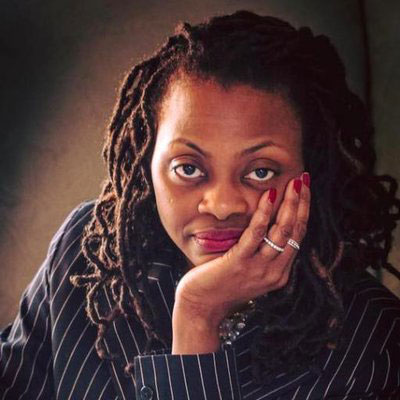
SUSPEND STEREOTYPES, NOT STUDENTS Noting the vastly higher school suspension rates for black girls, Yolanda Sealey-Ruiz urges educators to do "deep self work around their biases." (Photo: TC Archives)
In 2017, the National Women’s Law Center reported that, in every state, black girls are more than twice as likely to be suspended from school as white girls — largely due to negative stereotypes held by educators and other school personnel. Writing in February in Education Week, Yolanda Sealey-Ruiz, Associate Professor of English Education and founder of TC’s Racial Literacy Roundtables, urges educators to “do deep self-work around their biases” and school districts to “acknowledge and affirm the humanity of black girls” by cultivating “an acceptance of and appreciation for their unique attributes connected to their ethnicity, cultural and familial practices, language diversity, social class, religion, gender identity, sexual orientation, and other positionalities.”

HOME, DIVIDED Alumna Tara L. Conley (Ed.D. '16) reflects on growing racism in the birthplace she shared with the late author Toni Morrison. (Photo: taralconley.org)
Alumna Tara Conley (Ed.D. ’16), Assistant Professor in the School of Communication and Media at Montclair State University and TC Adjunct Assistant Professor, grew up near Lorain, Ohio, the childhood home of the great African American novelist Toni Morrison. Prompted by Morrison’s death in August, Conley, writing in CityLab, reflects on the growing racial divides in a place Morrison called “neither plantation nor ghetto.” Ultimately, Conley writes, “Toni Morrison’s greatest influence on me is . . . a whisper to remember that home is strange and borders are everywhere . . . that belonging exists between familiar and unfamiliar places, and crossing is damn painful.”

ON RESISTANCE Laura Smith explores why well-intentioned whites may remain blind to their own microaggressions. (Photo: Laura Smith)
Why are whites who sincerely oppose racism so often blind to their own transgressions? People are resistant when taken “beyond their comfort zone,” writes Laura Smith, Professor of Psychology & Education. When it comes to microaggressions, white people who are against racism may feel uncomfortable “discovering racist assumptions [they] consciously disown” and “wish to ‘disappear’ them by explaining them away.” Smith argues that whites frequently focus on their intentions rather than the impact of their actions and words.
Segregation and Desegregation
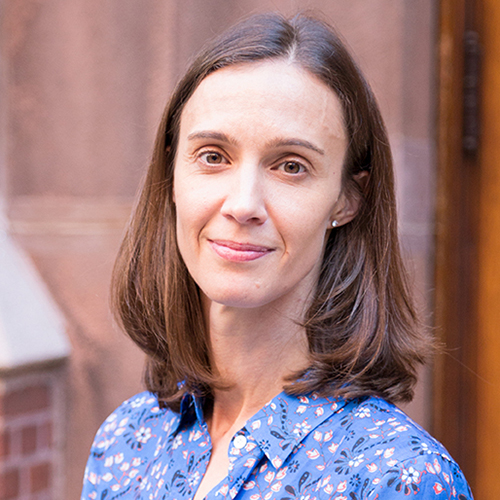
DESEGREGATION, SORT OF Desegregation has worked on one level, argues TC historian Ansley Erickson, but whites have also drawn lines in the sand. (Photo: TC Archives)
Amid calls for new policies to address segregation in New York City public schools, Ansley Erickson, Associate Professor of History & Education, draws two key lessons from 1970s Nashville, Tennessee: “In many ways, desegregation works,” argues Erickson in The Washington Post in September, citing “major increases in achievement levels in school and improvements in life outcomes for black students nationally, without harming outcomes for white children.” Yet “in Nashville, as in many places across the country, white citizens and their allies in education and government made sure to protect what they perceived to be their interests even as their city desegregated.”
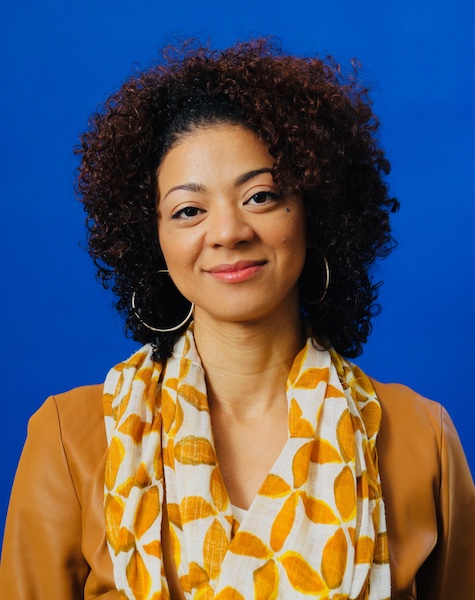
WORRIED ABOUT EQUAL MORE THAN SEPARATE For TC's Sonya Douglass Horsford, desegregation needs to start with a "redistribution of resources." (Photo: Bruce Gilbert)
Writing in Voices in Urban Education in August, Sonya Douglass Horsford, Associate Professor of Education Leadership and founder of the Black Education Research Collective, joins with Zora Neale Hurston, James Baldwin and others who, over the decades, have decried the failure of court-ordered desegregation of American public education. Horsford urges “a more radical imagination of what education can and must be for America’s new majority,” including a “redistribution of resources, with less concern on the ‘separate’ and a greater focus on the ‘equal.’”
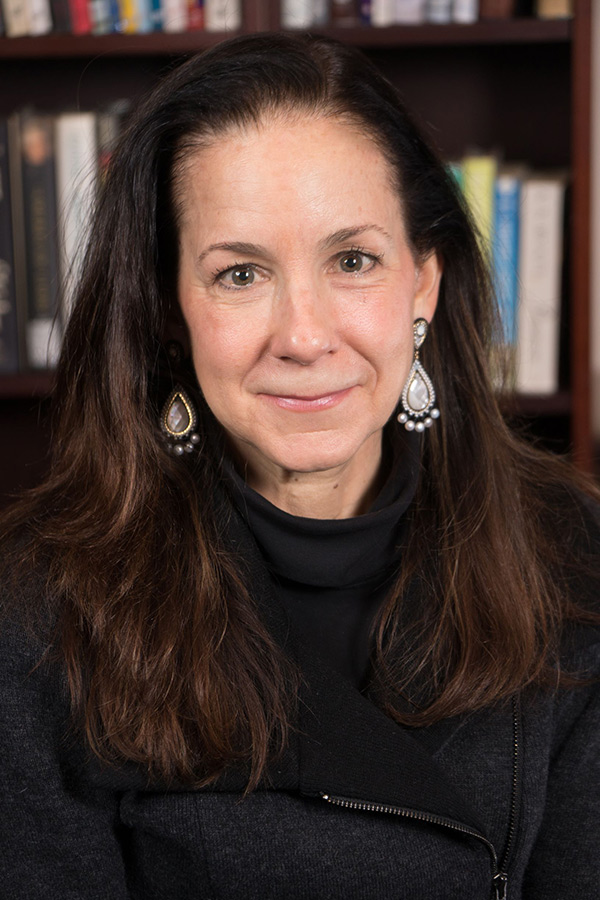
GIFTED, TALENTED AND UNFAIR TC sociologist Amy Stuart Wells takes on the New York City public schools' Gifted and Talented programs. (Photo: Erick Raphael)
The gifted and talented programs of New York City’s public schools “admit students based on an arbitrary cut-off score on one standardized test,” are “disproportionately located in affluent areas of the city” and “serve a disproportionate number of white and Asian students,” declare Amy Stuart Wells, Professor of Sociology & Education, and NeQuan C. McLean, President of the District 16 Community Education Council in Brooklyn, in The Gotham Gazette in September. The authors, both members of Mayor Bill de Blasio’s School Diversity Advisory Group, argue that “it’s time to let go of our 20th-century model of educating a small number of students with poorly defined academic ‘gifts’ and adopt a 21st-century model of appreciating the many different gifts within students and the family and community cultures that foster them.”
Technology
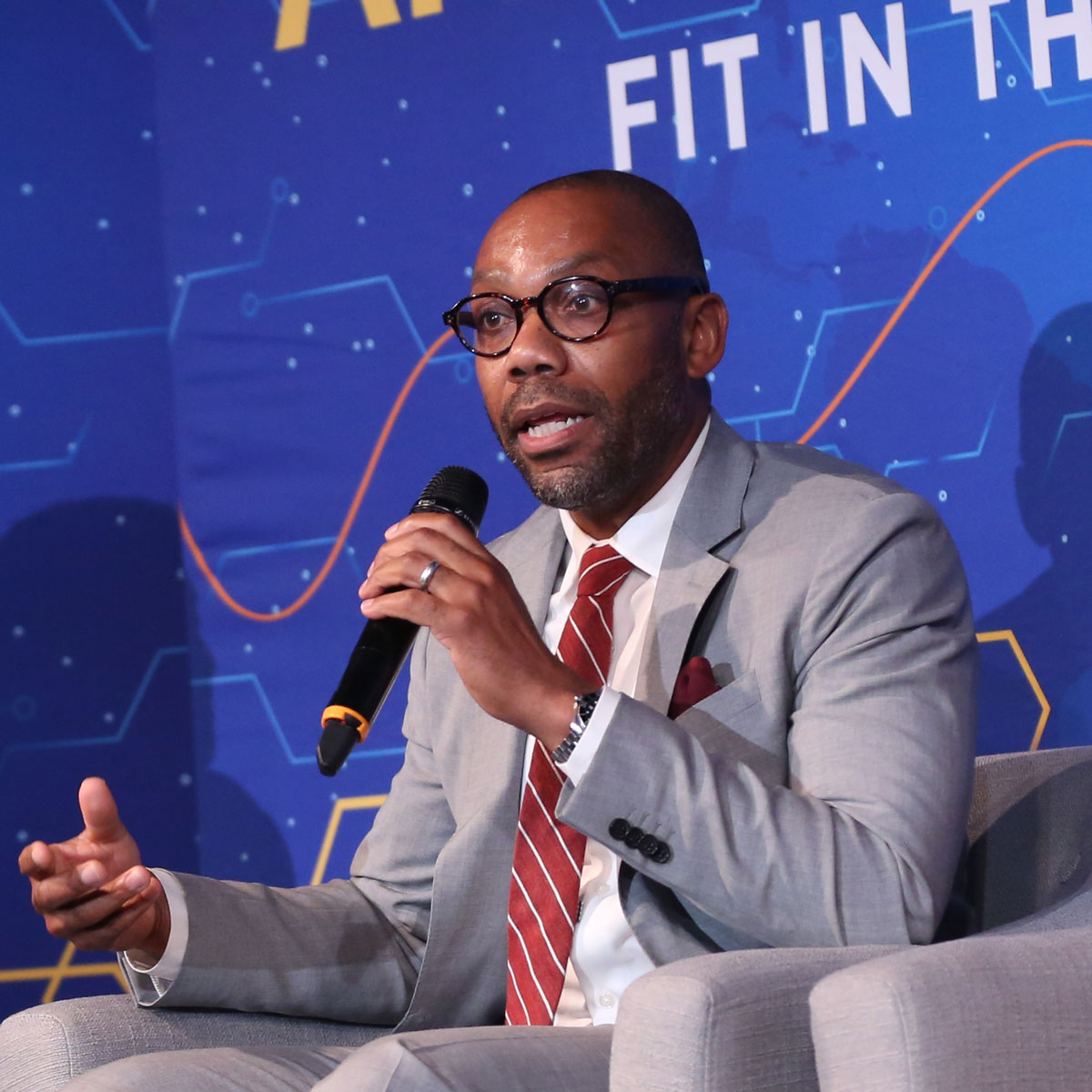
BUILDING A JUSTICE APP Andre Perry of The Hechinger Report argues that people of color must be enlisted in the development of artificial intelligence in education. (Photo: Bruce Gilbert)
In an opinion piece produced by The Hechinger Report in September, Andre Perry, a David M. Rubenstein Fellow at The Brookings Institution, argues that because the goal of artificial intelligence (AI) is to enable computers to “make human-like judgments,” AI designers need to be careful to leave human biases out of their new designs. To end up with AI that works for all students, people of color need to be enlisted in its development, asserts Perry, who writes The Hechinger Report’s “Degree of Interest” column. AI can also help expose the racism that holds students of color back, he adds: “When we better understand how, when and where people learn to be racist, then we can build a justice app for that.”
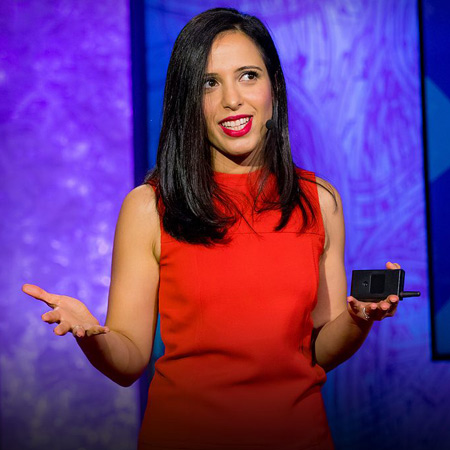
A ROOM OF THEIR OWN Alumna entrepreneur Azadeh Jamalian champions dedicated spaces for kids to dream up, create, test and share their ideas. (Photo: Courtesy of Azadeh Jamalian)
In a TED talk in May, alumna Azadeh Jamalian (Ph.D. ’14), co-founder of Tiggly, a company that creates children’s learning toys and apps, champions “playful innovation hubs” — dedicated spaces for kids to dream up, create, test and share their ideas. Jamalian has created just such a space, the Giant Room, which combines four key elements: art supplies to stoke “creative confidence”; a lab where kids dream up solutions to problems they care about; a “campfire” where they learn to give and (non-defensively) receive feedback; and a stage to share their stories and inspire others to follow their lead. Jamalian’s key takeaway: “Almost every research study screams the importance of letting [children] enjoy the process of learning and helping them feel capable to solve any problem that lies ahead.”
School Reform
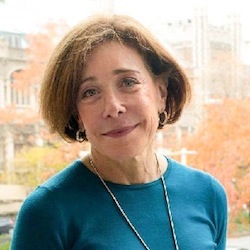
SELECTIVE ENFORCEMENT WON'T CUT IT Priscilla Wohlstetter argues that the Trump administration is deprioritizing certain aspects of the 2015 Every Student Succeeds Act (ESSA). (Photo: TC Archives)
The Every Student Succeeds Act (ESSA), the federal education legislation approved under the Obama administration in 2015, is rolling out across the nation. However, the current administration is taking a selective approach to its implementation, enforcing accountability and school improvement measures while deprioritizing aspects such as expectations around stakeholder engagement. So argue TC Education Policy doctoral student Megan Duff and Priscilla Wohlstetter, Distinguished Research Professor, in an opinion piece in Education Week in July. “For every student to succeed, all levels of government need to confirm the ESSA bargain: providing states leeway to innovate while offering sufficient regulatory guidance and support to ensure states comply with the law in full,” the authors wrote. “ESSA may increase state autonomy, but it does not absolve the federal government of its responsibility.”
Nutrition and Health
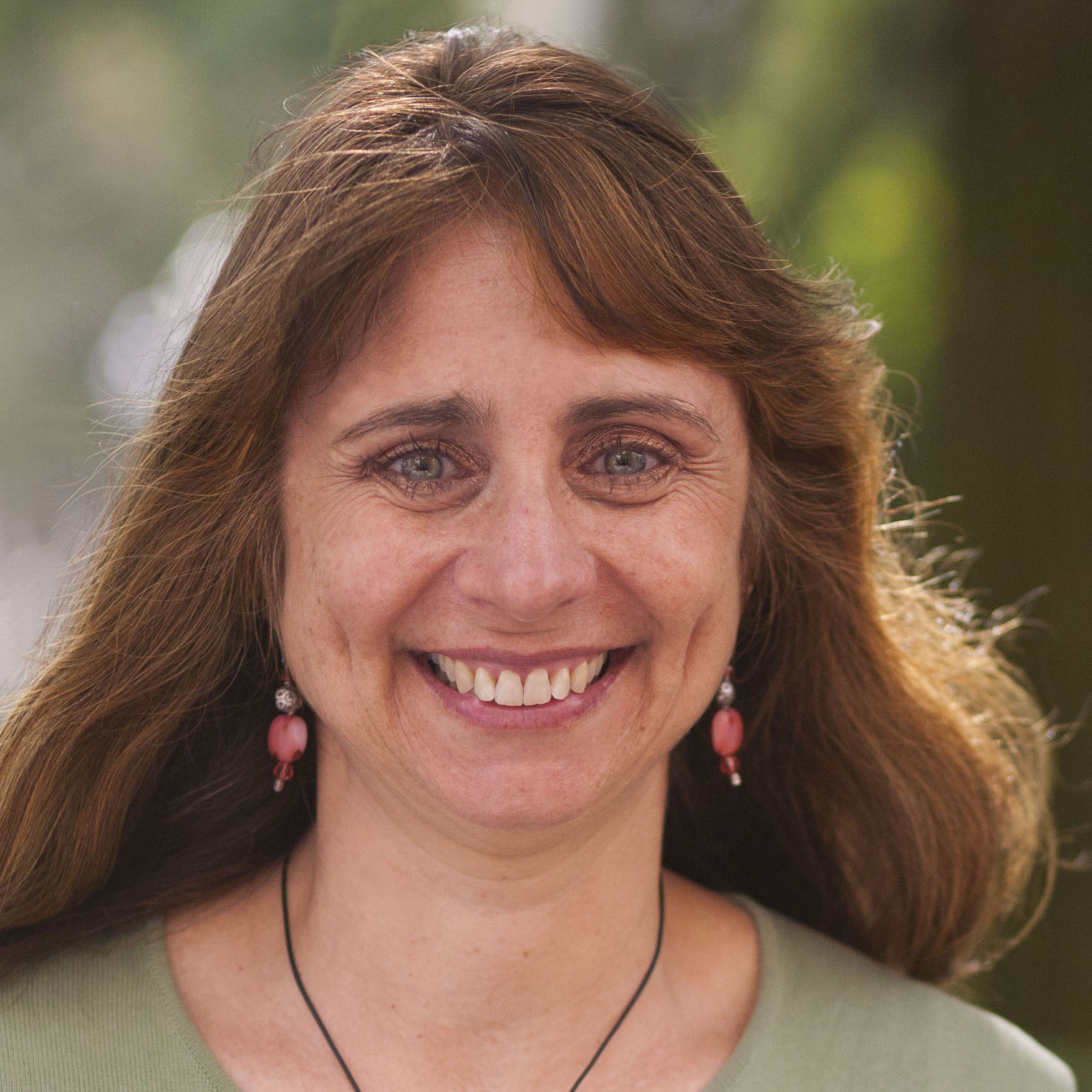
TAKING NAMES Pamela Koch, Executive Director of TC's Laurie M. Tisch Center for Food, Education & Policy and the program in Nutrition, wants the New York City Council to require reporting on which students are getting food and nutrition education, how much and who is delivering it. (Photo: TC Archives)
In April, Pamela Koch, Executive Director of TC’s Laurie M. Tisch Center for Food, Education & Policy, and two co-authors — Manhattan Borough President Gale Brewer and New York City Council Member Mark Treyger — argue in Gotham Gazette that school-based food and nutrition education can help surmount the “incredible odds” against children eating well. Koch, Brewer and Treyger champion a City Council bill to require the New York City Department of Education to report on which students are getting food and nutrition education, how much they are getting, and who is delivering it: “The City Council can’t legislate the implementation of food and nutrition education, but it can require reporting and transparency, which will help highlight and expand what is already happening.”

NEW OUTLOOK Thanks to TC's Cate Crowley, Isaac, a boy in Kenya who was suffering from malnutrition as a result of cleft palate, received lifesaving surgery through Smile Train. (Photo: Joseph Kariuki)
In a piece published on the website of Smile Train, the world’s largest charity devoted to helping children born with cleft palate, Cate Crowley, Professor of Practice and Director of TC’s Communication Sciences & Disorders Program and Bilingual Extension Institute, underscores that cleft palate is more than a cosmetic or even social issue, and highlights the urgency of Smile Train’s work. Case in point: While attending a conference in Kenya in 2018, Crowley — who has been honored for her humanitarian work in annually leading teams of TC students to help children and families in developing nations — saved the life of a child, who was suffering from acute malnutrition due to cleft palate, by connecting his family with Smile Train.
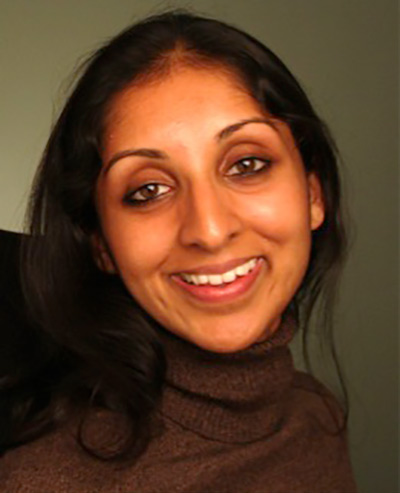
TARGETING GUN VIOLENCE Health Education professor Sonali Rajan believes that gun violence should be treated as a health epidemic. (Photo: TC Archives)
After an August weekend in which 22 people died in mass shootings nationwide, Sonali Rajan, Associate Professor of Health Education, writes on TC’s website that “we need to confront gun violence as the largely preventable public health epidemic it is.” Like fighting obesity, drunk driving and the achievement gap, “preventing gun violence will require shifts in policy, resource allocation, and programmatic efforts” — including significant federal investment in firearm prevention research. The nation must also acknowledge “systemic factors that exacerbate the problem of gun violence to begin with.”

FORK IN THE ROAD Tisch Food Center Director Pamela Koch argues that New York City must decide now to invest in fresh-cooked meals for students. (Photo: iStock)
In a New York Daily News op-ed in December, Tisch Food Center Director, Pamela Koch, citing the Center's new report, asserts that New York City schools are capable of providing students with fresh meals made from scratch. “As our research showed, with the right dedication and investment, scratch cooking can be our past and our future,” Koch writes, alluding to past eras when the nation’s largest school system did provide fresh meals. But the city “will have to make serious investments in kitchen infrastructure, staff training and advancement, and better coordinate everyone involved in school food.”
The Importance of Teaching

WIND BENEATH THEIR WINGS America needs to support and elevate the teaching profession, argues education philosopher David Hansen. (Illustration: Kimberly Salt)
In an essay in the spring/summer 2019 issue of TC Today magazine, David Hansen, TC’s John L. & Sue Ann Weinberg Professor in Historical & Philosophical Foundations of Education, writes that “teaching is an ethical endeavor” and that teachers are driven by a passion “to achieve a meaningful life for students and themselves.” Hansen argues that we must all join in “sustaining teaching against forces that would ‘melt it into air.’” Those forces are “all too real in our time,” he acknowledges, “but so is the call to teach.”